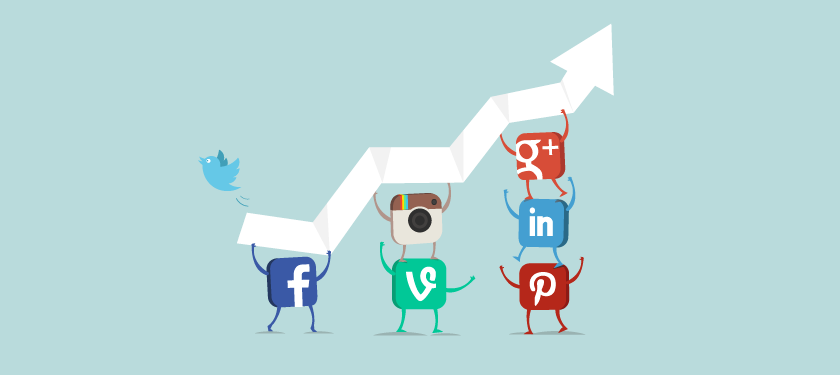The future of digital marketing
It is undeniable that the world is rapidly leaving the analogue phase we once lived in. The digital universe has rapidly expanded in the last 10 years, with consumers now embracing a brave new era of digital consumption. With digital technology now offering a quicker, practical and more versatile method of communication, traditional methods are no longer the ‘go-to’ source of marketing that they once were.
Any modern brand that aims to leave a mark within the current business marketplace must adopt digital marketing tactics as part of their overall digital strategy. Marketers are now expected to take full control of the customer experience in the near future as the world of digital continues to grow exponentially. The future is certainly is interesting, but where will it lead us?
Artificial Intelligence
Artificial Intelligence holds the key to revolutionise the way businesses operate digitally. AI already has the power to personalise website experience and enhance a firms PPC advertising, but imagine the possibility of creating personalised content and displaying it to millions of individuals simultaneously across the social channels? Current AI-powered marketing tools like Rocco can already suggest fresh and innovative social media content that a brands followers are likely to engage with. By 2018, Gartner predicts that 20% of all business content will be authored by machines. AI will also have the capability of creating hyper-contextual content to create one-on-one personalised e-mails.
In short, AI will allow marketers ‘to fulfil a dream previously considered impossible – to engage with every individual customer in a personalised and meaningful way. – Karola Karlson
The end of broadcast advertising
Consumers are already filtering out broadcast advertising. Is time running out for the 30-second TV Commercial? The Guardian states that interruptive television ads are the eight-track of advertising. Today, viewers want to engage with commercials on their own terms, and in their own time. Broadcast commercials are beginning to lose their relevance in the modern world and are ‘doomed to be relegated to the dustbin of 20th-century artefacts’
Brands are already approaching the consumer in more innovative and rewarding ways across the digital platforms. However, advertisers will undergo a fundamental shift away from target demographics to timely circumstances. Michael Haupt states ‘one example could be highly specific mobile notifications, triggered by complex combinations of personal data, location data and environment data’
It’s needless to say that the peak of broadcast advertising is well and true over.
The end of privacy concerns
As the digital world continues to develop and grow at unimaginable rates, the need for data grows simultaneously. Michael Haupt talks about the Camera and how it was the ‘beginning of the end’ for privacy in the modern world. ‘You can’t un-invent the camera. You can’t un-invent the internet’ People once feared of having their picture taken. Shortly thereafter, photography created a multi-billion dollar industry. The internet and the growth of social platforms like Facebook, Instagram and Twitter have destroyed any concept of privacy, but the modern consumer recognises this and understands that there is great value in sharing their data.
The future
The next several years will see the evolution of the idea of the mobile as well increased development of AI and its potentially remarkable capabilities. The entire future of digital is not yet known, however, it is clear that brands will have access to possibilities that were unimaginable at the beginning of the world’s digital transition. Brands will know more about the consumer than the consumer knows about themselves, and advertising will continue to become a more personal and contextual experience.
‘’When I pull up to the Palais in my bionic Zimmer frame to lead the Cyber jury in 2027, I’m sure we’ll all be reminiscing about 2017, when we thought it was all about publishing and community, when in truth we were about to step off the ledge into a 4-D virtual reality world and put lenses on our eyes that turned everything into a living OOH experience. Whatever that world looks like, I want to have grossly underestimated what we did as a creative industry in 10 years.’’ – Colleen DeCourcy


Recent Comments